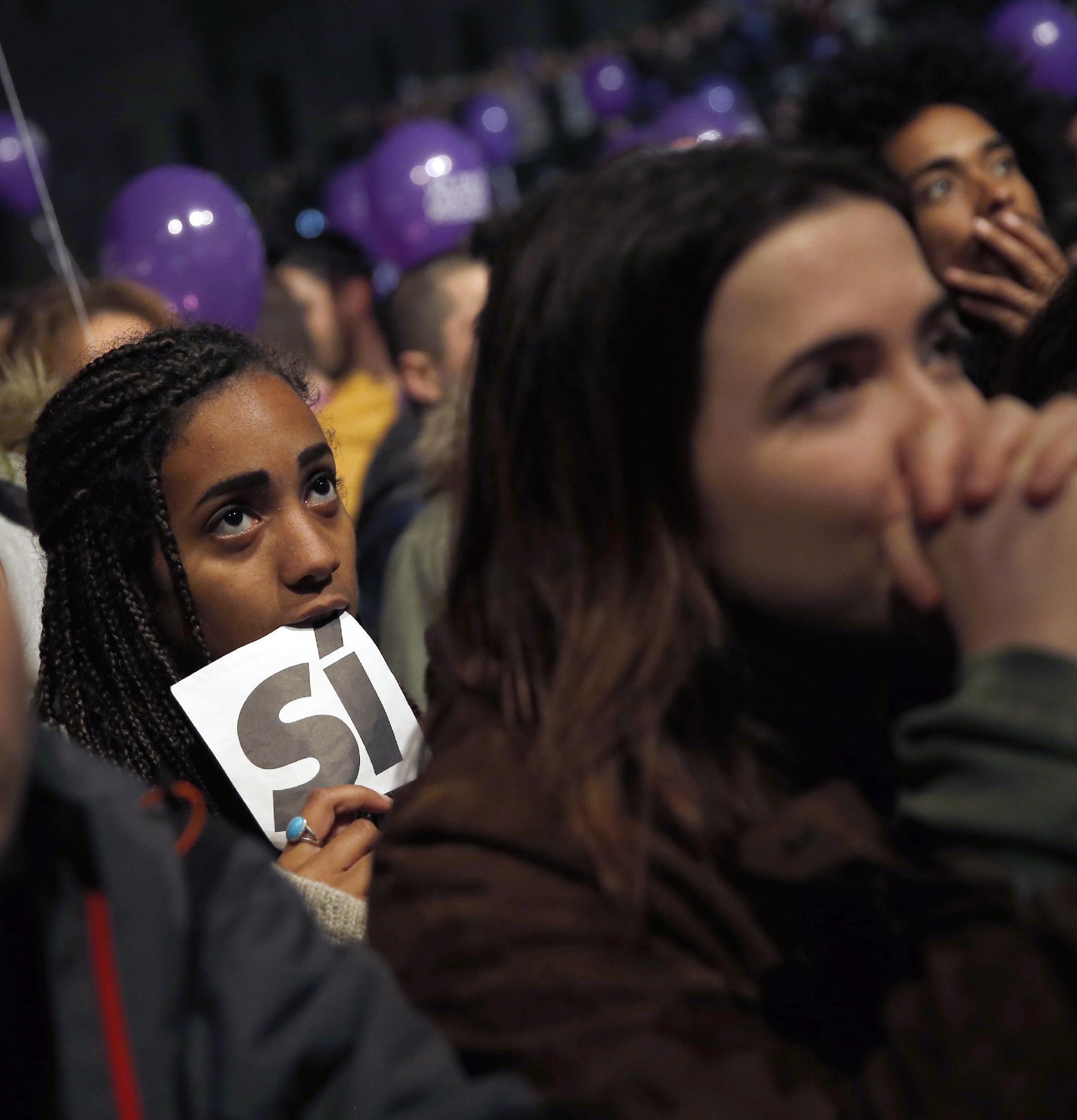Weeks of tough talking ahead as Spain wakes to new era of politics
Spanish political parties face what are likely to be weeks of tough negotiations to form a government after the country voted in a fragmented Parliament that bade farewell to the dominating two-party scene of recent decades. The ruling conservative Popular party came first with 123 seats in Sunday’s election but fell far short of a 176 majority needed to govern alone. Incumbent Prime Minister Mariano Rajoy said he will “try to form a stable government’” but faces an uphill climb to gain outside support. The leading opposition Socialist party came second with 90 seats and could join with other leftist groups.
Spain is not going to be the same anymore and we are very happy.
Podemos leader Pablo Iglesias
Socialist leader Pedro Sanchez said Monday that Rajoy’s Popular Party had first option to try to form a government, but noted that Spain was “entering a new political phase”. However, the business-friendly Ciudadanos and far-left anti-austerity Podemos managed to tempt significant numbers of voters. The Socialists got 90 seats; Podemos and its allies won 69; Ciudadanos won 40. The current government has already passed next year’s budget and there are hopes cheap oil and low interest rates should keep the economy ticking along and calm market concerns if coalition talks drag on.
This party is still the number one force in Spain.
PP leader and current Prime Minister Mariano Rajoy

Europe Spanish election